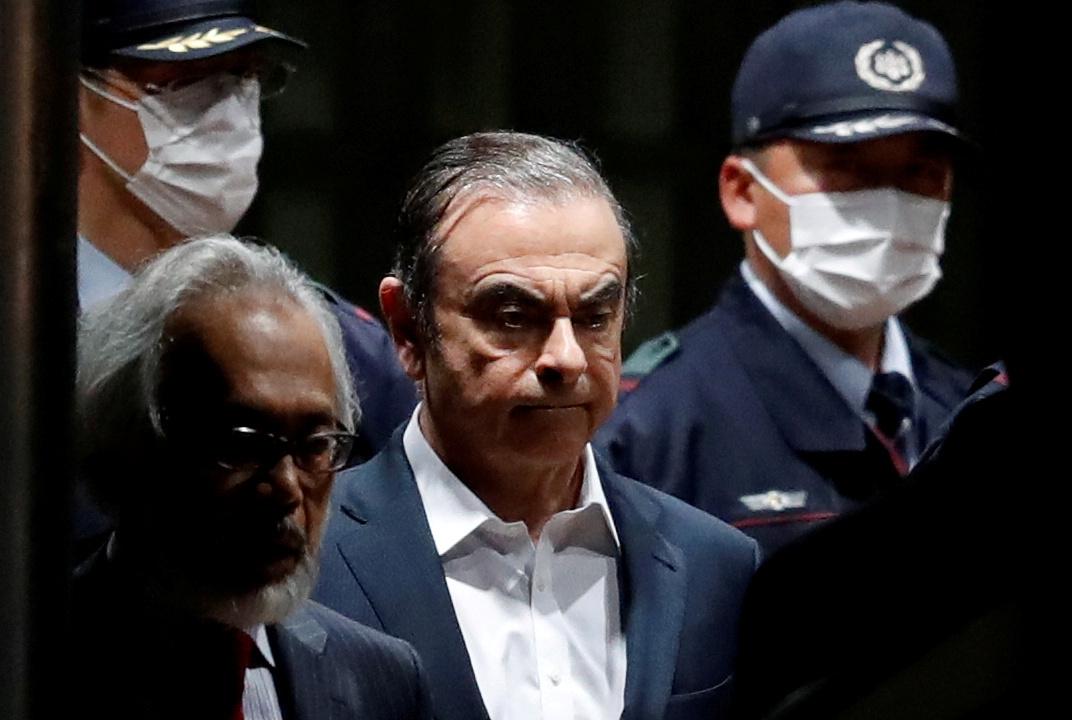Japanese authorities have broken their silence on the escape from their country of former Nissan boss Carlos Ghosn, dismissing claims that what motivated his dramatic bail-jump was fear that he wouldn’t get a fair trial.
“What this shows is simple: He didn’t want to submit to the judgment of our nation’s courts and sought to avoid the punishment for his own crimes,” said Tokyo deputy chief prosecutor Takahiro Saito, The Wall Street Journal reported. “There is no room to justify such an action.”





